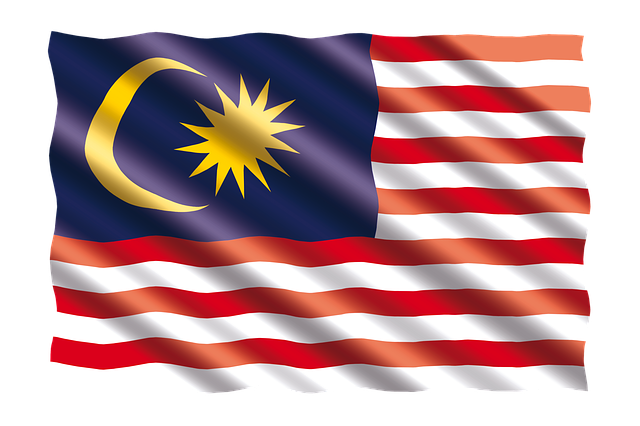Cross-border surrogacy agreements require careful legal drafting to protect all parties due to varying international laws. Key aspects include jurisdiction, recognition, and dispute resolution tailored to each country's regulations, especially regarding reproductive rights and family law. International agreements are essential to harmonize these complexities, ensuring a smoother process for intended parents, surrogates, and children involved in cross-border surrogacy arrangements. Consulting with international family law experts is crucial to navigate legal challenges and safeguard everyone's rights.
Exploring legal protections for international intended parents is crucial in today’s globalized world where cross-border surrogacy agreements are on the rise. This complex issue navigates different legal frameworks and cultural norms, presenting unique challenges. Understanding these dynamics is essential to ensure the rights of all parties involved—from prospective parents to surrogate mothers—are respected.
This article delves into key aspects, including agreement intricacies, international adoption processes, jurisdiction considerations, and dispute resolution strategies for successful cross-border surrogacy experiences.
Understanding Cross-Border Surrogacy Agreements
Cross-border surrogacy agreements involve a complex web of legal considerations, especially for international intended parents. These arrangements, where a surrogate mother carries a child for a couple from another country, require clear and comprehensive contracts to protect all parties involved. Such agreements must outline the rights, responsibilities, and expectations of each individual or entity, including the intended parents, the surrogate, and any associated medical professionals or agencies.
Key elements in these cross-border surrogacy deals include jurisdiction, legal recognition, and dispute resolution mechanisms. Intended parents should ensure that the agreement is drafted and executed under the laws of a recognized jurisdiction, allowing for valid legal enforcement. Additionally, it’s crucial to consider how the contract will be interpreted and enforced if issues arise in a different country, especially when dealing with sensitive matters like reproductive rights and family law.
Legal Frameworks for International Adoption Processes
International adoption processes, including those involving cross-border surrogacy, require a robust legal framework to ensure the rights and well-being of all parties involved—surrogates, intended parents, and the children themselves. Each country has its own set of laws governing these matters, often leading to complex legal landscapes in international cases. This complexity necessitates careful navigation by all participants, with clear guidelines for consent, contracts, and legal representation.
In the context of cross-border surrogacy, where a surrogate mother agrees to bear a child for an intended parent or couple who cannot conceive, laws must address issues such as jurisdiction, parental rights, and the recognition of foreign judgments. International agreements and treaties play a crucial role in harmonizing these legal frameworks, facilitating smoother processes, and safeguarding the interests of all involved.
Protecting Parents' Rights in Foreign Jurisdictions
When exploring cross-border surrogacy, ensuring the protection of parents’ rights across different jurisdictions is paramount. International intended parents face unique challenges in navigating legal frameworks that vary widely from one country to another. Each nation has its own set of regulations and policies regarding surrogacy, adoption, and the rights of biological parents, especially when these processes involve foreign parties.
As a result, prospective parents must carefully consider the legal environment in which they intend to pursue cross-border surrogacy. Consulting with international family law experts is advisable to comprehend the rights and responsibilities inherent in such arrangements. This proactive approach guarantees that all legal aspects are addressed, offering peace of mind and safeguarding the interests of both the intended parents and the surrogate mother.
Navigating Challenges: Cross-Border Surrogacy Disputes
Navigating legal challenges in cross-border surrogacy can be complex and multifaceted, often involving intricate international laws and varying domestic regulations. When intended parents embark on a cross-border surrogacy journey, they must wade through a labyrinth of legal considerations to ensure their rights are protected. Disputes may arise due to differences in legislation between countries, leading to conflicts over jurisdiction, parental rights, and the recognition of agreements.
These disputes often require a delicate balance between respecting local laws and upholding international commitments that support the fundamental human right to family. As cross-border surrogacy becomes increasingly prevalent, legal frameworks are continually evolving, making it crucial for intended parents to seek expert guidance. This ensures they understand their rights, obligations, and potential pitfalls, facilitating a smoother process and reducing the risk of protracted legal battles.
Cross-border surrogacy agreements require a robust legal framework to protect the rights of all parties involved, especially international intended parents. Understanding the nuances of different jurisdictions and their adoption processes is crucial for navigating the complexities of global surrogacy. By recognizing and addressing potential disputes, legal protections can ensure a smooth and ethical journey for these families, fostering a harmonious tapestry of diverse cultural contributions to parenthood.
